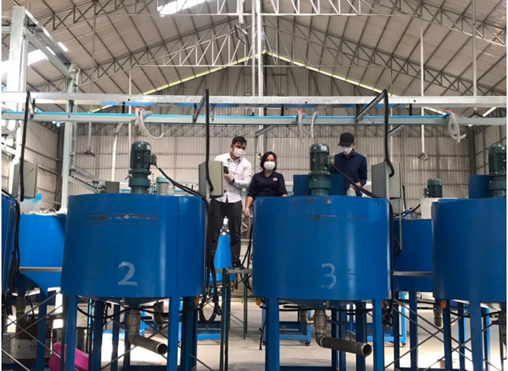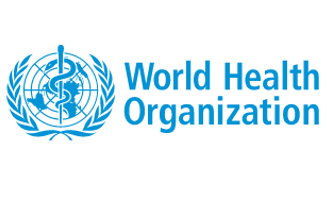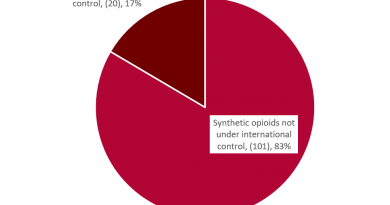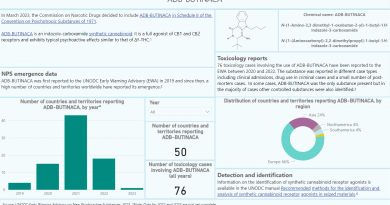UNODC-SMART: Cambodia – a new hot spot for illicit ketamine manufacture in South-East Asia?
VIENNA, Austria – August 2022: Ketamine seizures increased strongly in Cambodia, from 112.5 kg in 2020 to 2.8 tons in 2021, accounting for over 50 per cent of all ketamine seized in Southeast Asia (5.4 tons) in that year. This increase was associated with growing evidence of illicit manufacture of ketamine in the country, as the recent detection of several clandestine ketamine laboratories confirms.[1]
Photo: Large-scale clandestine ketamine laboratory dismantled in Cambodia, December 2021
Source: NACD of Cambodia in: UNODC, Synthetic Drugs in East and Southeast Asia (2022).
In December 2021, Cambodian authorities dismantled a large-scale clandestine manufacturing facility. Follow-up investigations led to the dismantling of a second large-scale clandestine laboratory as well as a chemical storage facility, suspected to be used to manufacture ketamine and possibly other synthetic drugs, in January 2022. In one of these clandestine ketamine laboratories in Kampong Speu province, a total of 61.7 tons of various substances were found, including 750 kg of ketamine in base form and 5.2 tons of ketamine waste. A further 149 tons of chemicals were seized at a chemical storage site in Phnom Penh in January 2022.[2]
In May 2022, another illicit drug processing laboratory was dismantled in Cambodia according to national authorities, and 40.5 kg of ketamine, 1,425 kg of mixed solvents containing the drug, and 11.5 tons of other chemicals were seized.[3] In July 2022, Cambodian authorities reportedly dismantled a processing site and six storage locations, where they seized 1.8 tons of ketamine and 277 tons of chemicals and chemical compounds.[4] In August 2022, additional 871 kg of ketamine were seized in the country.[5]
Ketamine has been widely used in human and veterinary medicine and is listed as an essential medicine by the World Health Organization (WHO).[6] While ketamine is not under international control, its non-medical use has been related to a number of severe adverse health effects.[7] High doses of ketamine used outside of a medical context can cause cardiovascular (raised heart rate and blood pressure) and respiratory toxicity effects as well as other adverse effects like bladder problems, anxiety, panic attacks, palpitations, tachycardia, chest pains, depression, aggravated symptoms of existing mental health issues, slurred speech and inability to speak.[8].
For more information please see:
UNODC, Synthetic Drugs in East and Southeast Asia (2022).
UNODC, Current NPS Threats Report Volume V (forthcoming).
————————————————————————————————
[1] UNODC, Synthetic Drugs in East and Southeast Asia (2022).
[3] Cambodia, Anti-Drug Department, social media video on dismantling the clandestine laboratory on 26 May 2022.
[4] Cambodia, General Commissariat of National Police, Antidrug Department arrests 11 Chinese nationals, seizes more than 1.8 tons of drugs and more than 276 tons of chemicals in Phnom Penh, Svay Rieng, Prey Veng and Kandal provinces, press release, 13 July 2022. https://police.gov.kh/detail/5iuYWZ9gzewp4sA1toZU
[5] Cambodia, General Commissariat of National Police, Antidrug Department arrests five Chinese and seizes nearly 900 kg of drugs, press release, 17 August 2022.
[6] World Health Organization, Model List of Essential Medicines: 19th List (April 2015) amended November 2015.
[7] UNODC, Early Warning Advisory on NPS, Phencyclidine-type substances.
[8] World Health Organization, Fact file on Ketamine (March 2016).



